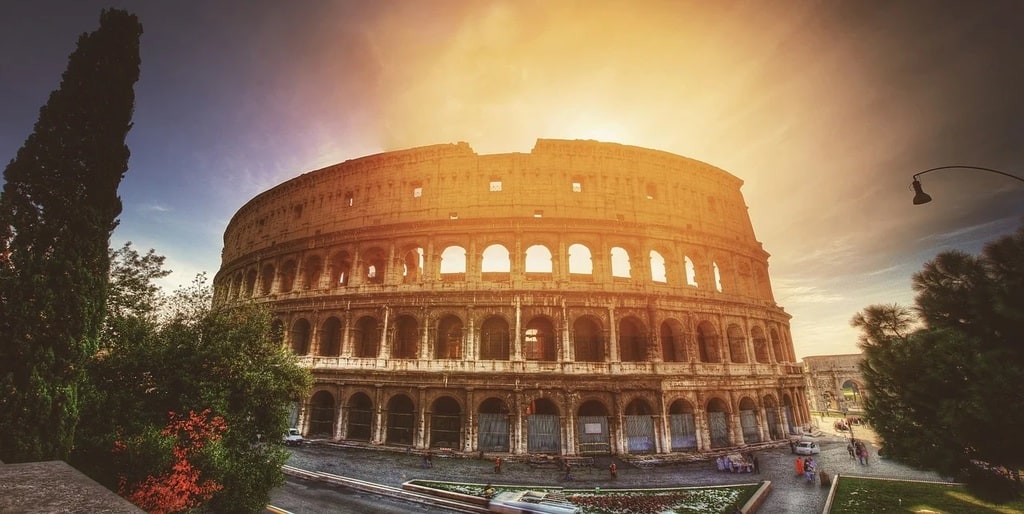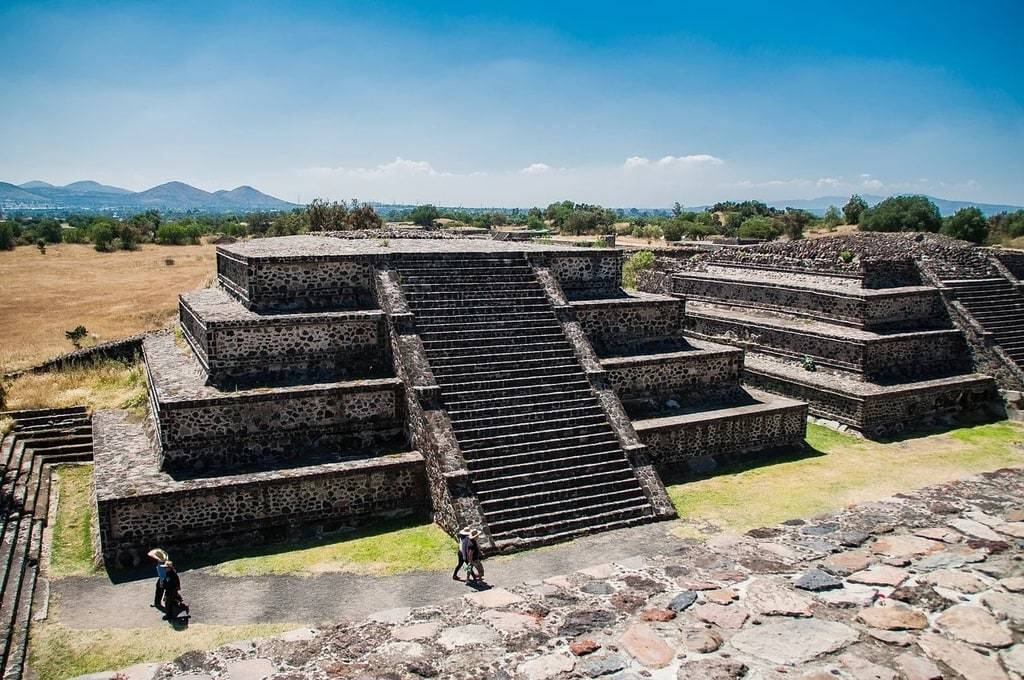
History has always been shaped by transformative moments that have altered the course of nations, empires, and civilizations. These key events mark transitions, revolutions, and turning points that ripple through time, influencing societies on a global scale. From the rise of ancient empires to modern revolutions, these pivotal moments continue to define human progress and legacy.
Defining Moments in the Evolution of Global Societies
The development of civilizations across the globe is punctuated by events that mark both triumphs and disasters. These moments serve as catalysts for social, political, and technological changes. One of the earliest and most influential moments in history was the development of agriculture, often referred to as the Neolithic Revolution. This shift from nomadic lifestyles to settled farming communities occurred around 10,000 BCE and fundamentally altered human existence. The establishment of permanent settlements gave rise to the first cities, trade routes, and eventually empires.
Another pivotal period was the rise of the classical civilizations. The Roman Empire, for example, left an indelible mark on the Western world. At its height, Rome connected Europe, Africa, and Asia, creating an expansive network of trade and cultural exchange. Its legal systems, engineering achievements, and political frameworks continue to influence modern governance and infrastructure. Similarly, the ancient civilizations of Mesopotamia, China, and the Indus Valley laid the foundation for technological innovations, written language, and governance systems that still resonate today.

The Fall of Empires and the Shaping of Modern States
The collapse of great empires has often been followed by periods of uncertainty and reconstruction. One of the most defining collapses was the fall of the Western Roman Empire in 476 CE. This event marked the end of ancient Rome’s dominance and led to the fragmentation of Europe into smaller, feudal kingdoms. It also set the stage for the emergence of the Byzantine Empire in the East, which would preserve much of Roman law and culture for centuries.
Fast-forward to the Age of Exploration in the 15th century, when European nations sought to expand their territories and wealth. This period saw the discovery of the Americas by Christopher Columbus in 1492, which dramatically reshaped global trade, migration, and cultural exchanges. The subsequent colonization of the Americas, Africa, and Asia by European powers not only created vast empires but also laid the groundwork for the global economic systems that dominate the world today.
Revolutions that Transformed Societies
Revolutions, both political and industrial, have also played a significant role in shaping the modern world. The American Revolution in 1776 and the French Revolution in 1789 were key moments that redefined concepts of governance, individual rights, and democracy. The ripple effects of these revolutions inspired numerous independence movements across Europe, Latin America, and beyond, as nations sought to throw off colonial or monarchical rule in favor of self-determination.
The Industrial Revolution, beginning in the late 18th century, represents another transformative period. This revolution, fueled by advances in technology and the mechanization of production, drastically changed the way people lived and worked. Urbanization, the rise of factories, and improved transportation networks not only boosted economic growth but also created deep social changes. It altered the balance of power between nations and laid the foundation for the technological advancements of the 20th and 21st centuries.
Global Conflicts and Their Enduring Impact
The 20th century was marked by two world wars that reshaped borders and ideologies on a global scale. World War I, often referred to as the “Great War,” began in 1914 and ended in 1918, leading to the downfall of several empires, including the Ottoman and Austro-Hungarian Empires. The Treaty of Versailles in 1919 redrew the map of Europe and sowed the seeds for future conflicts.
Just two decades later, World War II erupted, engulfing almost every corner of the globe. This war led to the rise of the United States and the Soviet Union as superpowers, initiating the Cold War era. The aftermath of World War II also saw the establishment of the United Nations, an effort to prevent such global conflicts from reoccurring, and the beginning of decolonization in Africa and Asia.
Technological Advancements and Their Role in Shaping History
Technological breakthroughs have consistently been a driving force behind societal changes. The invention of the printing press by Johannes Gutenberg in the 15th century, for example, revolutionized the spread of knowledge. It facilitated the dissemination of ideas, fueling the Reformation and the Renaissance, two movements that reshaped Europe’s religious, cultural, and intellectual landscape.
Similarly, the 20th century saw remarkable advancements in communication technology, particularly with the invention of the internet. The rise of the digital age has fundamentally transformed how people connect, work, and share information. These technological leaps continue to accelerate globalization, shrinking the world into a more interconnected and interdependent global village.
A Glimpse into Key Global Events
To highlight some of the most significant moments that have shaped history, here is a brief overview of key events :
- The signing of the Magna Carta in 1215, which established the principle that everyone, including the king, is subject to the law.
- The Protestant Reformation in 1517, which splintered the Catholic Church and led to religious, political, and cultural changes across Europe.
- The discovery of penicillin in 1928, which revolutionized medicine and saved countless lives.
- The fall of the Berlin Wall in 1989, symbolizing the end of the Cold War and the reunification of Germany.
Each of these events, in its own way, has profoundly influenced the course of history and continues to resonate in modern times.
Looking Forward by Understanding the Past
By examining these defining moments, it becomes clear that history is not a simple linear progression but a complex tapestry of interconnected events. These moments serve as reminders that civilizations rise and fall, but the ideas and innovations they leave behind continue to shape the future. The study of history offers insights into how humanity has navigated challenges, seized opportunities, and adapted to an ever-changing world.